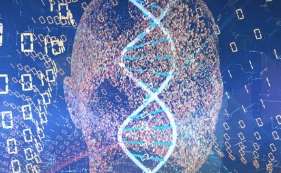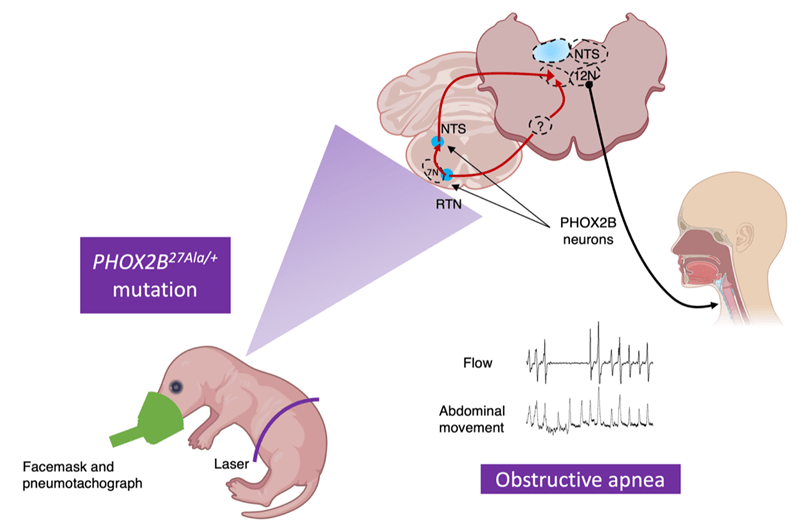Physiopathology and therapy of mitochondrial diseases
Mitochondrial diseases are large group of heterogeneous, multisystem or tissue-specific disorders caused by disruption of mitochondrial function resulting in defective energy production and/or metabolic imbalance. For most of these diseases there is still no cure and their pathogenesis is poorly understood. So to better understand the mitochondrial disorders, we are interested in several aspects of mitochondrial physiology and in new factors which may contribute to the pathogenesis of these diseases. In the first axe of our research we are studying mitochondrial thermogenesis. Indeed, the oxidation of nutrients in the mitochondria generates energy in form of ATP to accomplish all cellular functions, however, more than half of the energy is dissipate in form of heat which allows to maintain the body temperature at the stable 37°C independently of external conditions. Recently we were able to measure, for the first time, the temperature of the operating mitochondria and we have shown that it achieves up to 50°C. This discovery which has multiple consequences for mitochondrial and cell physiology has been published in the high impact journal (Chrétien D. et al., PLoS Biol 2018) and presented in several international meetings. In the second axe of our research we are studying the impact of environmental factors on the mitochondria and their contribution to the pathogenesis of mitochondrial disease. We have shown that wildly used pesticides known as SDHi are powerful inhibitors of SDH, the complex II of the mitochondrial respiratory chain which is present in all mitochondria of all species. The susceptibility of the SDH to these mitochondrial poisons is evolutionary conserved making them unquestionable danger for biodiversity and human health. We have reported these data in the research paper (Bénit P. et al., PLoS One 2019) and alerted French Agency for Food, Environmental and Occupational Health & Safety (ANSES) as well as the French public through national media. Finally, in the third axe of our research we are trying to get some insight into cell-type specific expression of mitochondrial disorders by studying mitochondrial remodeling during cellular differentiation. Indeed, to meet the specific bioenergetics needs of various cell types, mitochondria undergo structural and functional changes in the course of differentiation. This mitochondrial remodeling may also affect the balance in the Krebs cycle metabolites which are directly involved in the multiple signaling and regulatory pathways and they can themselves influence the differentiation and the cell fate. Recently, using human induced pluripotent stem cells, we have shown a distinctive Krebs cycle remodeling in the neural stem cells (Benlamara S. et al., Biochem Biophys Res Commun 2019) and we are currently pursuing this study to understand the role of this remodeling in neurogenesis.
Contacts
Malgorzata Rak
NeuroDiderot, Inserm U1141
Hôpital Robert Debré
48 boulevard Sérurier
75019 Paris
malgorzata.rak@inserm.fr
À lire aussi

Job opportunity within The Integrative Genomics in Neurodevelopment group
The Integrative Genomics in Neurodevelopment group is seeking a highly motivated post-doctoral researcher. Check out the opportunity here: Post-doc researcher position in Computational Biology

Sleep2Develop research program
The Sleep2Develop program investigates the role of sleep as a promotor of neurodevelopment and identifies the sleep determinants of childhood development. This is rephrased as Sleep(to)Develop? or Sleep(to)Develop! Our sleep research combines clinical and...

Job opportunity
NemoClinics platform is hiring an engineer. Check out the opportunity here: U 1141 -Ingénieur-e en expérimentation et instrumentation biologiques- CDD 2023 Read more

Research program on CCHS
CCHS is a disease characterized by a congenital impairment of the central control of breathing, associated with dysfunctions of the autonomic nervous system (ANS) (Gallego, 2012). At birth, patients have severe and persistent hypoventilation during sleep and a...
